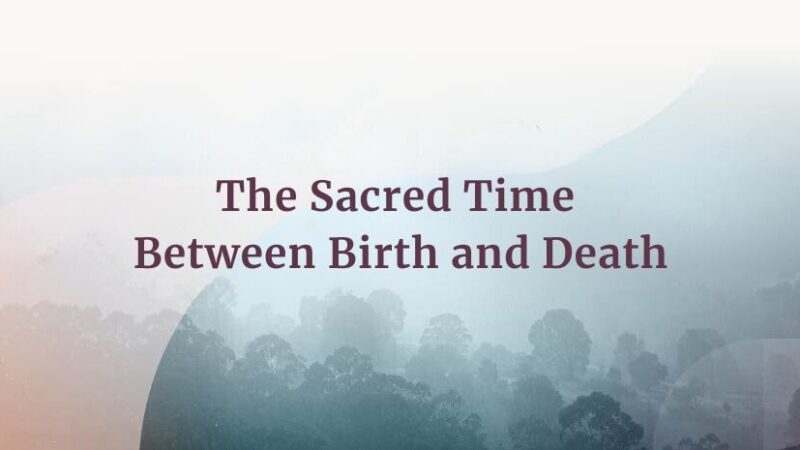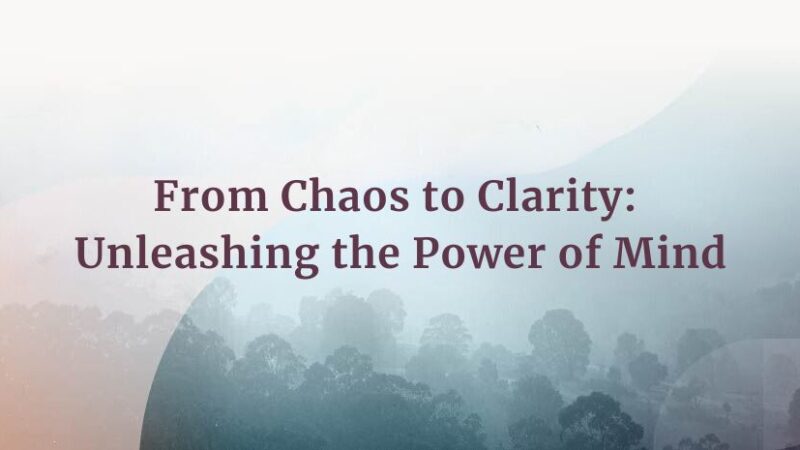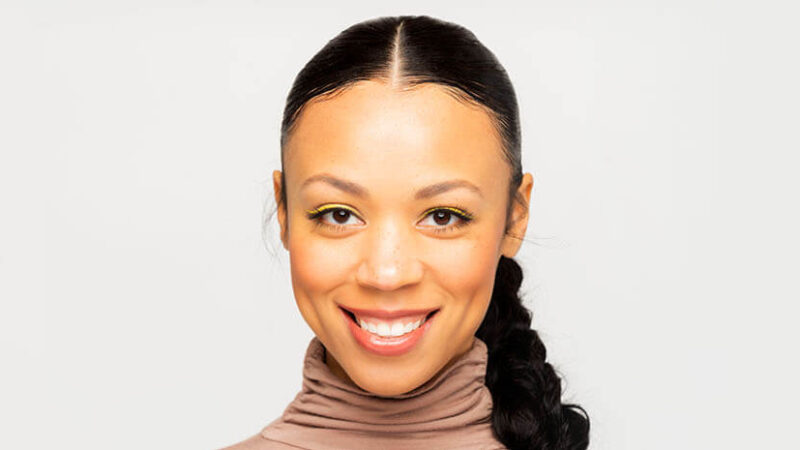To the mystic, every moment is sacred—and every step is taken on holy ground. Mirabai Starr, the celebrated author, religious scholar, and “translator of the mystics,” has devoted herself to sharing the insights of beloved figures including Teresa of Avila, Saint John of the Cross, Hildegard of Bingen, and others. In this podcast, Tami Simon speaks with Mirabai Starr about her new book, Ordinary Mysticism, and how we can each open ourselves to the direct experience of divine union—and become agents of change for our troubled world.
Listen now to this inspiring discussion of: spiritual transmission and communicating mystical realization to others; the power of ritual; setting yourself up for “an encounter with the beloved”; the willingness not to know; collaborating with your muses; Natalie Goldberg’s writing practice methodology; a commitment to beauty; mystical seeing; four gateways to the sacred; freeing yourself from the brain’s default mode network; how meditation expands your capacity for awe; tending the seeds of wisdom; interspirituality; avoiding cultural appropriation; grief as a gateway to the sacred, and letting the darkness have its way; the dark night of the soul; the paradox of “surrendering and showing up”; and more.
Note: This episode originally aired on Sounds True One, where these special episodes of Insights at the Edge are available to watch live on video and with exclusive access to Q&As with our guests. Learn more at join.soundstrue.com.






